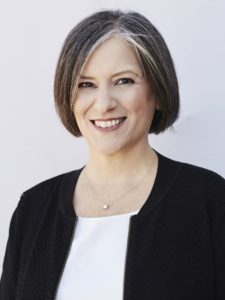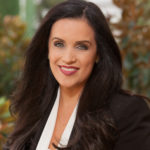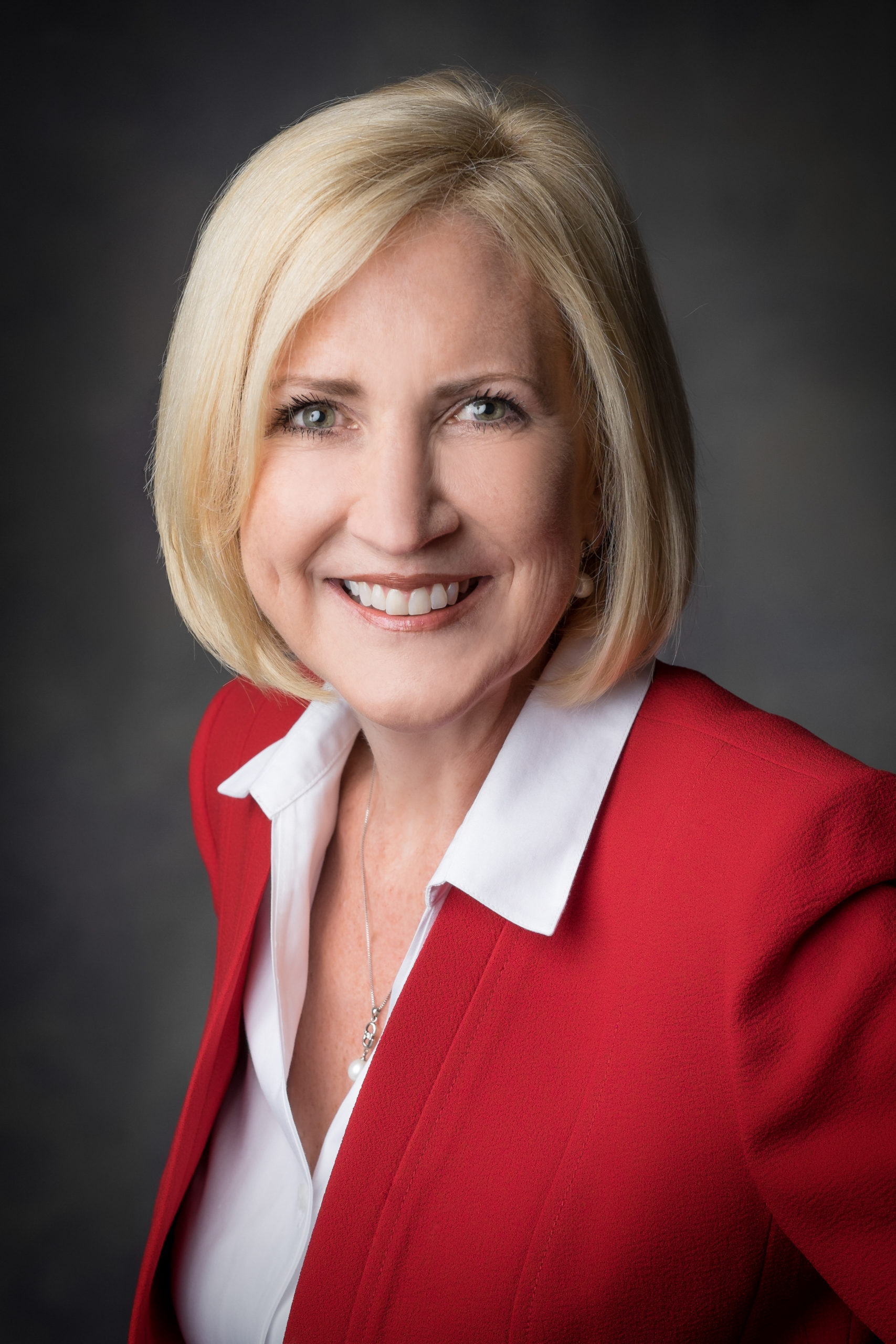Sabrina Jackson, Senior Director of Product Management, Duetto
Profitability tells the true story of a hotel’s financial health, impacting whether a company can secure financing from a bank, attract investors to fund its operations, and grow its business. Companies cannot remain in business without turning a profit.
Hotel professionals have been historically hyper-focused on revenue. However, to achieve maximum profitability, they need to dive into more precise data. Revenue only tells you part of the story. It describes how much money is coming into a property, but it ignores operational efficiency and how much money a hotel is spending to run the entire operation.
When analyzing hotel performance, Revenue Managers should think of themselves as Profit Managers. They are in a unique position to directly impact and attract high-value, loyal customers and focus on net cash generated and return on investment (ROI). If they can achieve higher profitability and growth, revenue teams will solidify themselves as the most valuable department within a hotel’s operations. To do this they must implement a dynamic revenue strategy.
1. Manage all Revenue Streams
While room revenue is the biggest source of income for most hotels, it doesn’t mean that all other revenue streams should be overlooked. Hotels can boost revenue and profit by focusing on ancillary operations within the hotel, such as food and beverage, meetings and conferences, golf, spa, and parking facilities.
2. Measure and Analyze Total Guest Value
Total guest value comprises the revenue a customer brings in from all profit centers, less all costs associated with that customer, including package and acquisition costs. With these insights at their fingertips, hotel revenue managers can more effectively target a property’s most valuable guests, as well as accurately forecast demand, optimize revenue, and drive higher profit margins across all customer segments.
3. Create a Channel Strategy that Maximizes Profits
By understanding channel costs, like commission fees and transaction fees, Revenue Teams can start creating real strategies and stop treating all channels as equal. They can choose to pull different levers like:
- Increase rates
- Renegotiate contracts
- Apply restrictions and stop selling on less profitable channels
- Run marketing campaigns to target high value guests
- Reduce availability
In addition, watching cancellation trends can be an effective strategy. Cancellations can throw a wrench into a hotelier’s strategic planning — and that hurts the bottom line. However, a tighter look at cancellation trends can illuminate opportunities for profit growth.
- Identify specific channels with especially high cancellation rates
- Measure monthly trends to see how seasonality affects cancellations
- Pick out the channels that have fewer cancellations
Ultimately, Revenue Teams should know which channels are the most profitable and how to maximize their return on investment.
4. Create Loyal Guests
Creating and delivering a strong guest experience is at the heart of running a profitable hotel. By knowing your guest, you can build internal sales strategies that boost guest spending. To see a fuller return on investment you need to give the guests the services they want. In the long run, you will profit from loyalty programs with extended length of stay (LoS) and repeat customers.
5. Look Beyond Revenue
If hoteliers want a full picture of profitability, the smart move is to monitor more comprehensive metrics, such as TRevPAR and NetRevPAR.
6. Unify Marketing and Revenue Teams
Drive strategy with a unified marketing and profit approach. Run promotions that are targeted at bringing in the highest value customers and create sales incentive programs that create opportunities for upsells in the purchase process and on-property.
Building a strategy around profitability will allow hoteliers to focus on net cash generated and return on investment, which will:
- Increase revenues
- Decrease operating costs (including Acquisition and Marketing Costs)
- Improve efficiencies
- Make your property more competitive
Discover more about pivoting your business strategy to total profitability in Duetto’s latest eBook: ‘How to Boost Your Hotel’s Total Profitability’. Download your FREE copy today: https://www.duettocloud.com/special-reports/how-to-boost-your-hotel-total-profitability
 How did you get started in your nearly 30-year career in Hospitality Sales, Marketing and Revenue Management?
How did you get started in your nearly 30-year career in Hospitality Sales, Marketing and Revenue Management? Discover how a chance visit to Las Vegas led a young professional to double down on a career in hospitality and make her mark on the Las Vegas Strip.
Discover how a chance visit to Las Vegas led a young professional to double down on a career in hospitality and make her mark on the Las Vegas Strip.


